This is a question that all organisations around the world would love the answer to!
Well here it is! I call them the 3 Es!
Education
Engagement
Environment
I will delve into each of these ingredients over my next few blogs starting with this one. So, let’s look at education!
By education, I am referring to the ongoing training and development of staff which will lead to both improved performance and a better culture.
Here’s an interesting conversation between a CEO and CFO!
CFO says to the CEO: “What if we train staff and they leave?”
CEO responds: “What if we don’t and they stay!”
Yes, it is tongue-in-cheek but what it highlights is… ‘not’ providing education and training for staff can have as detrimental an impact on the company as investing in training for them and seeing them leave.
There is significant research out there that shows that ongoing corporate training and professional development for workers will help them excel in their roles, provide job satisfaction and influence their decision to stay at the company.
Ultimately, if staff are performing at a high level and happy with their role and employer, this will have a positive impact on the team culture.
In the eBook I released earlier this year ‘How to create a positive team culture for success’, I outline 15 simple strategies to integrate EDUCATIONinto a workplace.
In today’s blog, I will outline four of those strategies.
These are all corporate training sessions that I recommend teams do together for greater business success and individual development.
1. Vision, Mission & Values
Schedule a session delivered by your CEO or C-level manager that tells the story behind the vision, mission and values of your organisation.
These sessions bring everyone together to showcase the bigger picture and greater good on what the organisation is striving to achieve.
This could also be a workshop to engage staff in creating a new vision and exploring new values which will ultimately create greater buy-in from everyone involved.
Understanding the vision, mission and values is vital education for all employees in any organisation.
2. Profile your team
A fundamental part of improving a team’s culture is to help everyone better understand themselves and the role they play within the team.
A good way to provide education around this is by conducting a profiling workshop or series of workshops with your team members.
There are many profiling tools available but my personal favourite is Belbin Team Roles.
Belbin applies a team-based profiling tool that will provide insight into how your team can work effectively in a high performing environment.
3. Discover your ‘why’
We all choose our careers and work with our organisation for varied reasons. You may not even know your ‘real’ reasons at this point.
A corporate training workshop to uncover and share your ‘why’ will create a powerful point of connection and purpose with your colleagues.
This can be a useful training exercise to feature during a team day or staff conference alongside some strategic team building activities.
Like the first two strategies, this education is all about learning and understanding about the company, its people and yourself.
4. An Appreciative Inquiry
This session is as the name suggests – an inquiry to appreciate the success of the organisation. However, it can be much more than this!
An Appreciative Inquiry will enable everyone to celebrate the exceptional moments that led the business to where it is today but will also engage the team on where to take the business into the future.
It’s a purposeful session to incorporate into corporate events, planning days, executive retreats and staff conferences.
Learning about the past and the future of the company can be powerful training for staff. They will feel a deeper connection with the business and each other moving forward.
So, remember a commitment to the ongoing education of your people will contribute to your culture – that is the first E of a positive team culture!
Dwain Richardson, Managing Director, Corporate Challenge Events

Recent Comments